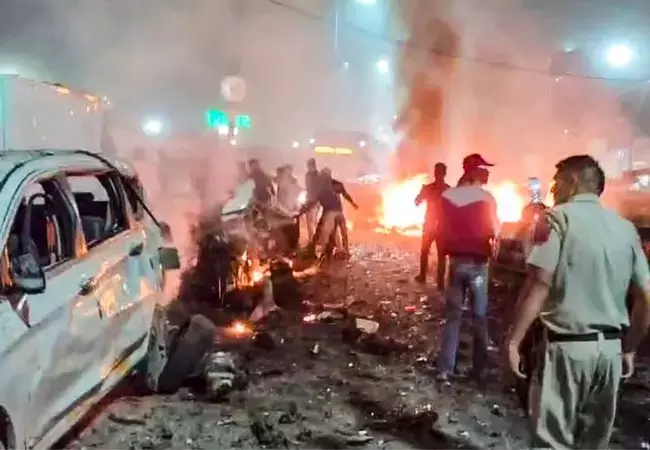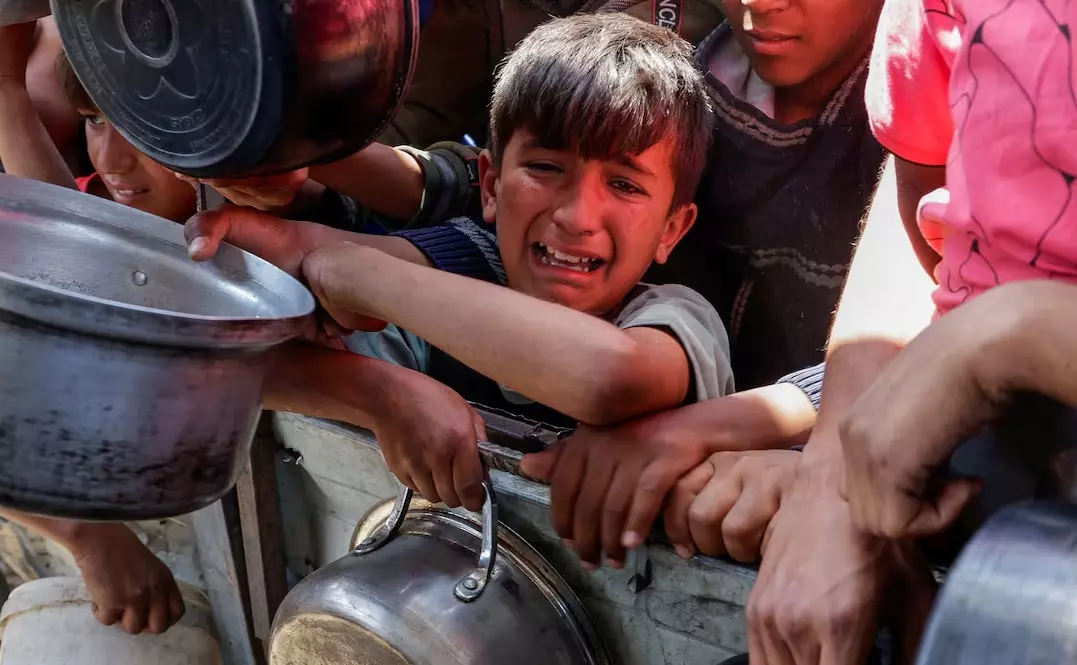
World Central Kitchen halts operations in Gaza due to supply shortages
text_fieldsPhoto: REUTERS
Gaza: The humanitarian food aid organisation World Central Kitchen (WCK) has announced the suspension of its operations in the Gaza Strip due to the complete depletion of its food supplies.
In a statement issued on Wednesday, the Washington, D.C.-based non-governmental organisation revealed that after providing over 130 million meals and 26 million loaves of bread across 18 months, it can no longer continue cooking or baking in Gaza. “World Central Kitchen no longer has the supplies to cook meals or bake bread in Gaza,” the statement said.
WCK attributed the supply shortfall to the continued closure of border crossings by Israel, which began in early March. “Since Israel closed border crossings in early March, WCK has been unable to replenish the stocks of food that we use to feed hundreds of thousands of Gazans daily,” it added.
The organisation’s large-scale field kitchens have run out of essential ingredients needed to prepare meals, and its mobile bakery no longer has flour. According to WCK, more than 80 per cent of the community kitchens in Gaza that rely on its stock have also exhausted their supplies.
Amjad Shawa, Director of the Palestinian Non-Governmental Organisations Network in Gaza, expressed grave concern over the consequences of the shutdown. He warned that the closure of community kitchens could dramatically worsen hunger across the region. “The repercussions of the severe humanitarian disaster will be significant on the health and lives of citizens, especially children, women, the elderly, and the sick,” Shawa told Xinhua.
Palestinian children wait in queues as World Central Kitchen distributes meals in Khan Younis, Gaza, March 16, 2025. /VCG
He urged immediate international intervention to prevent further deterioration of the humanitarian crisis. “If all parties do not intervene to save the situation by opening the crossings and allowing the entry of humanitarian and medical aid, we will be facing an extremely dangerous situation in Gaza,” he said.
Israel stopped the entry of goods and supplies into the enclave on March 2 following the expiration of the first phase of a ceasefire agreement with Hamas brokered in January. The United Nations has since issued repeated warnings about the deepening humanitarian catastrophe in Gaza, highlighting the rising levels of acute hunger, especially among children.
Israel, meanwhile, continues to face mounting international pressure to lift the blockade it imposed after the collapse of the truce. Israeli officials have alleged that aid agencies, including the United Nations, have allowed large portions of humanitarian assistance to fall into the hands of Hamas, which they claim diverts the aid for its own use instead of delivering it to civilians.
With IANS inputs
























